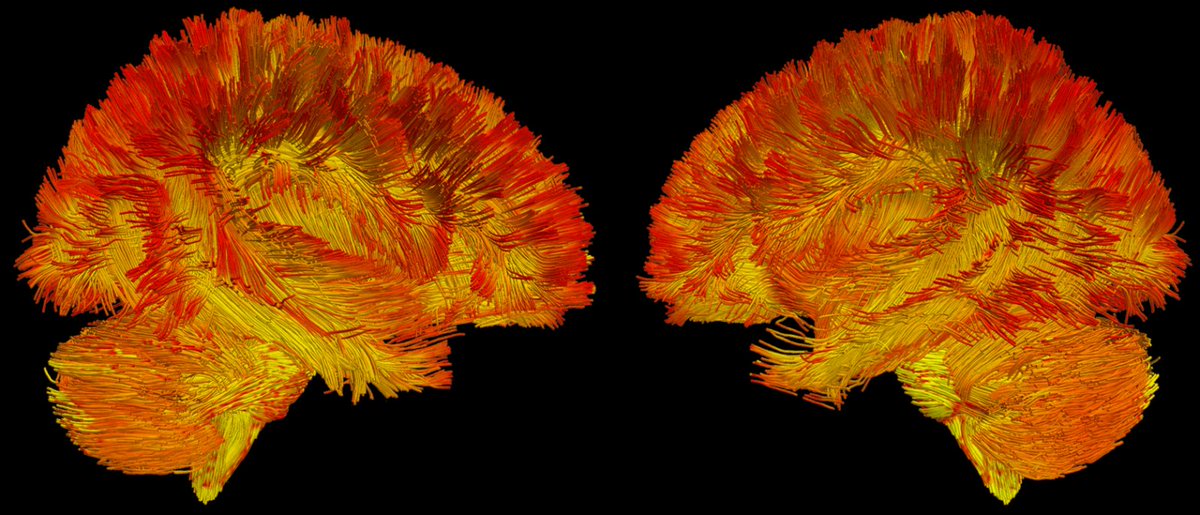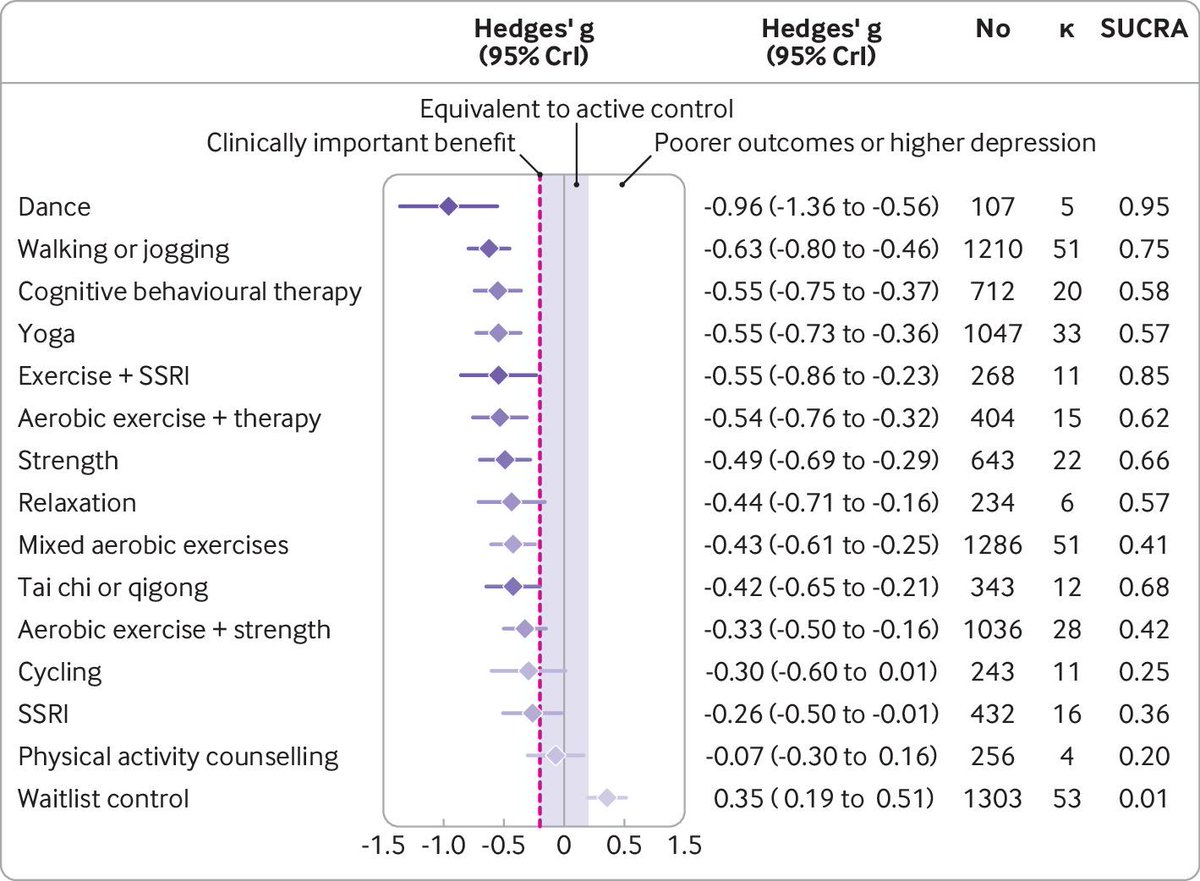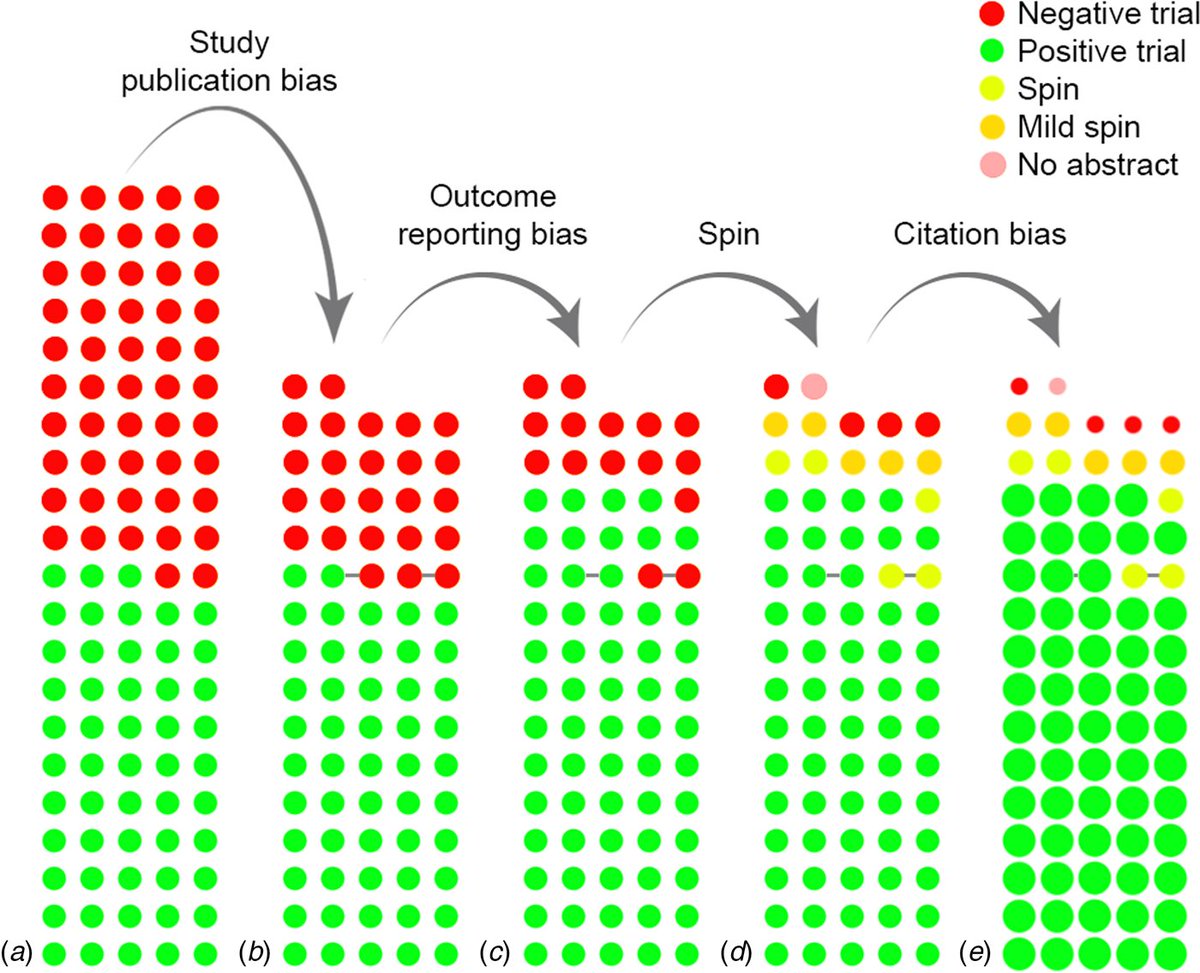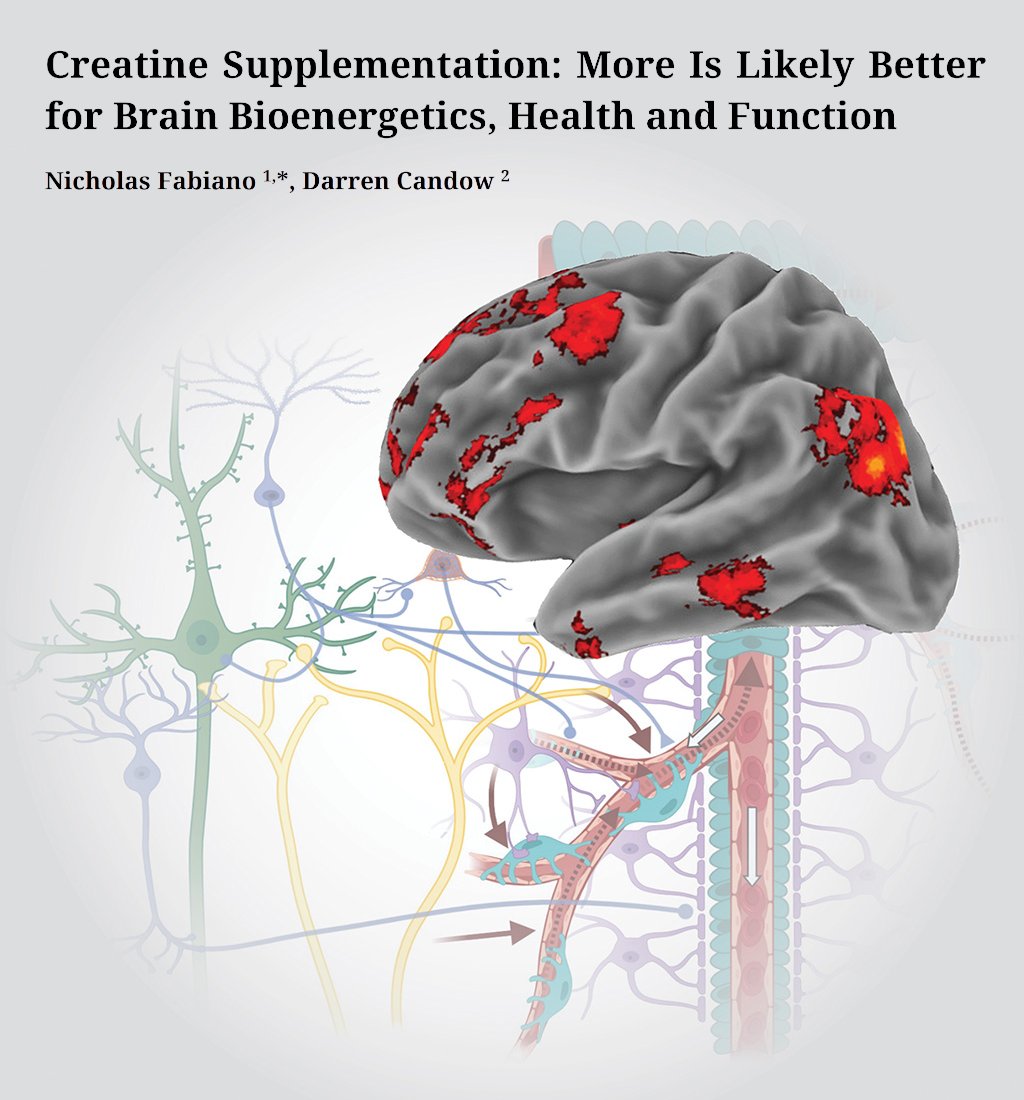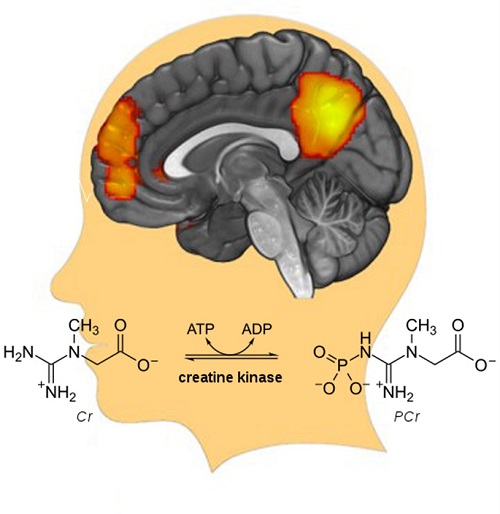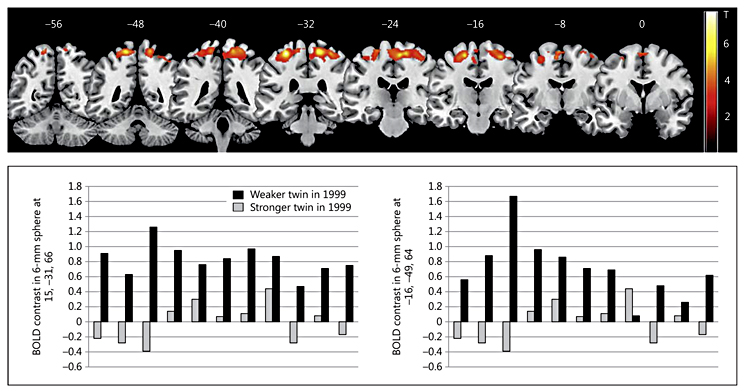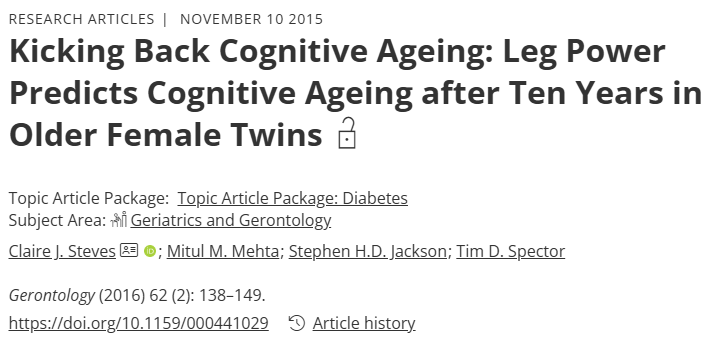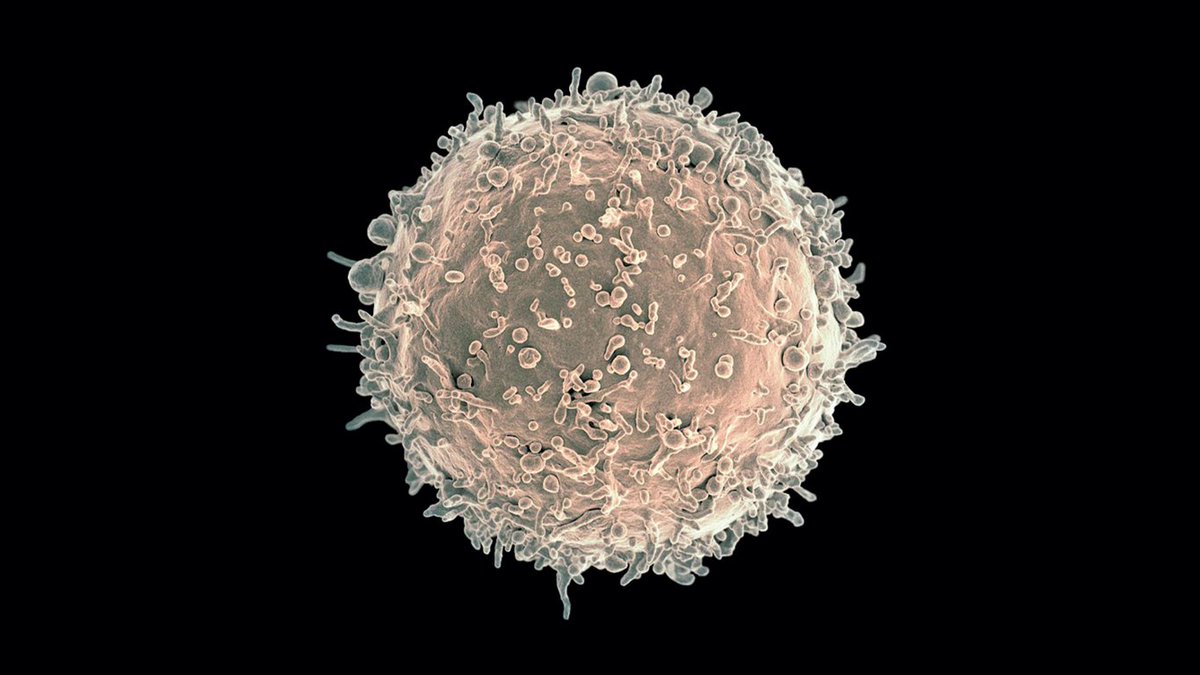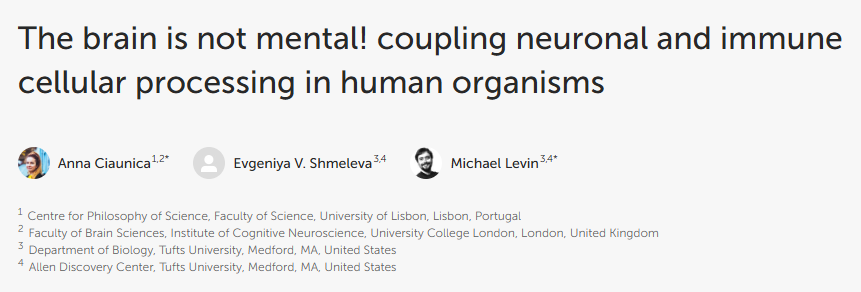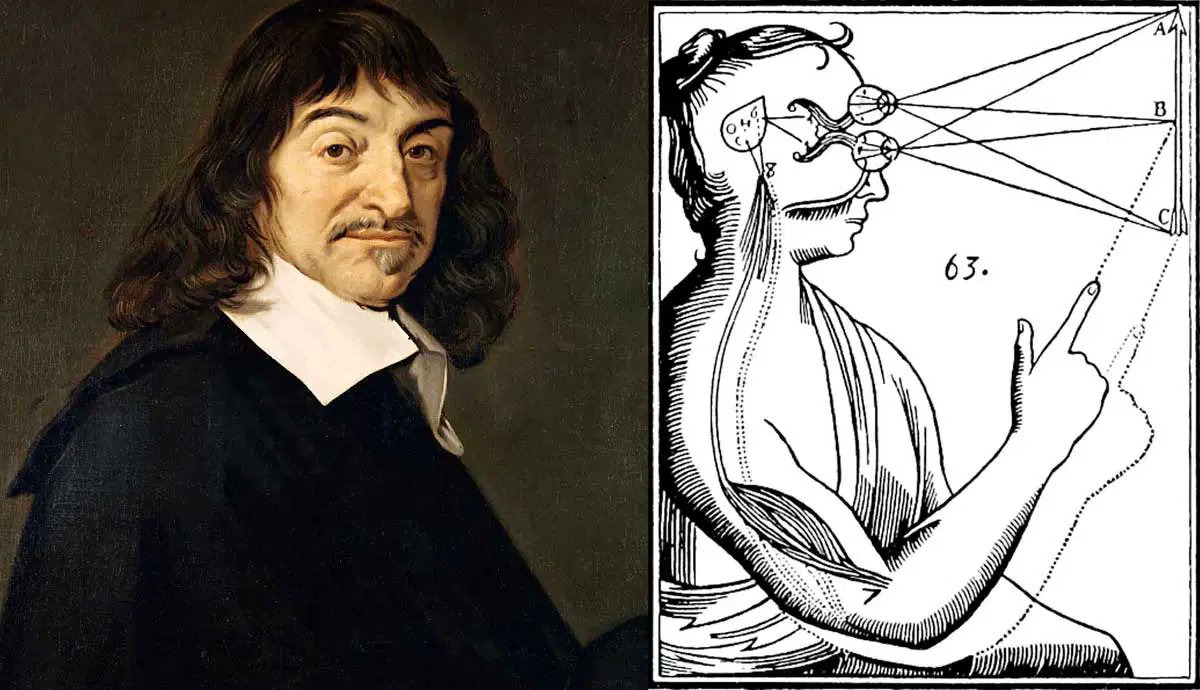These findings are from a study in @Nature which created a map of mitochondria throughout the entire brain to bridge the scale gap between cognitive neuroscience and cell biology. 2/11 nature.com/articles/s4158…

The transformation of biochemical energy from food and oxygen into electricity, and then into molecules of ATP, one of the cell’s energy currencies, is done by organelles called mitochondria. 3/11 
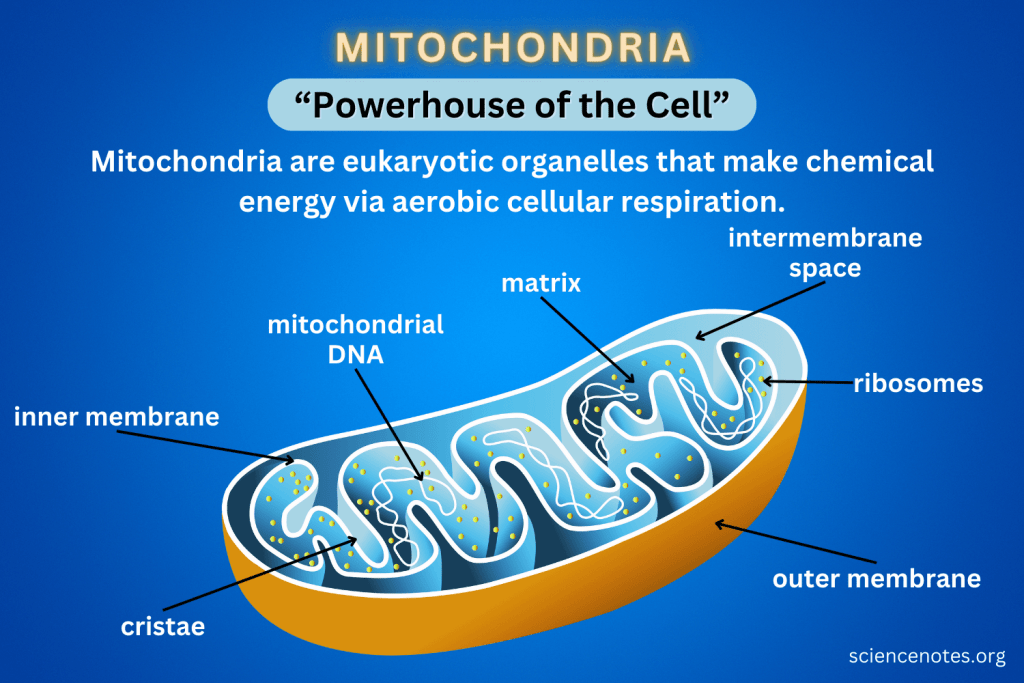
In the brain, energy transformation is crucial for normal brain function, cognition and consciousness, and its disruption is a potential driver of neurological and psychiatric illnesses. 4/11
One barrier to efforts to resolve the bioenergetic contributions to brain health and disease is a ‘scale gap’: mitochondrial diversity is typically studied at the sub-micrometre scale, whereas brain activity is typically studied using imaging techniques. 5/11 

To bridge the scale gap, frozen brain slabs were cut into cubes called ‘voxels’ that measured 3 millimetres in each direction. 6/11 
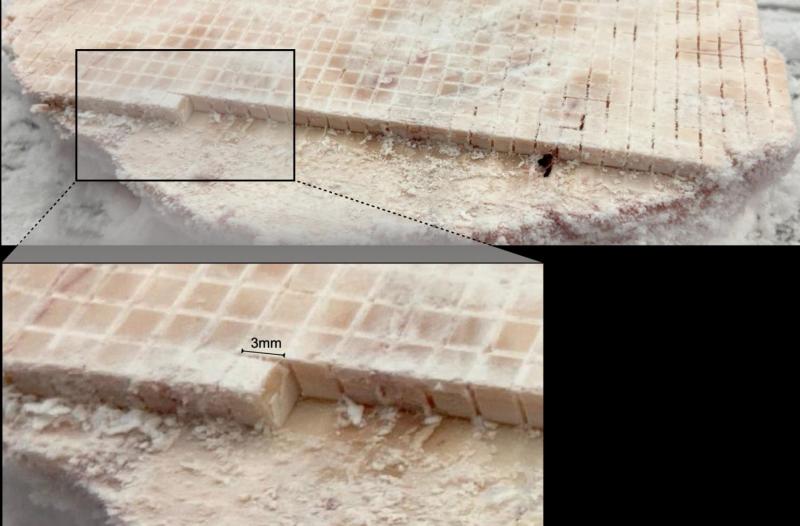
Then a spatial map was constructed by using biochemical and molecular techniques to determine the mitochondrial density and energy-transformation capacity of each voxel. 7/11 

Mitochondrial density and ATP-synthesizing capacity in the brain’s grey matter were almost double those in the white matter, and they closely matched the estimated evolutionary age of different regions of grey matter. 8/11 

More-recently evolved brain regions that make humans different from other species contained more mitochondria, and these mitochondria were specialized for more-efficient energy transformation. 9/11
Once validated, applications of brain-wide mitochondrial-profiling could include diagnostics and the tracking of the effects of strategies to improve brain function or to stall or treat neurological, psychiatric and neurodegenerative disorders. 10/11
Overall, bridging the scale gap from organelle to whole-brain biology and neuroimaging lays the foundation to understanding the mitochondrial and energetic basis of brain function and dysfunction across a variety of contexts. 11/11
The full dataset is available here: humanmitobrainmap.bcblab.com
• • •
Missing some Tweet in this thread? You can try to
force a refresh

